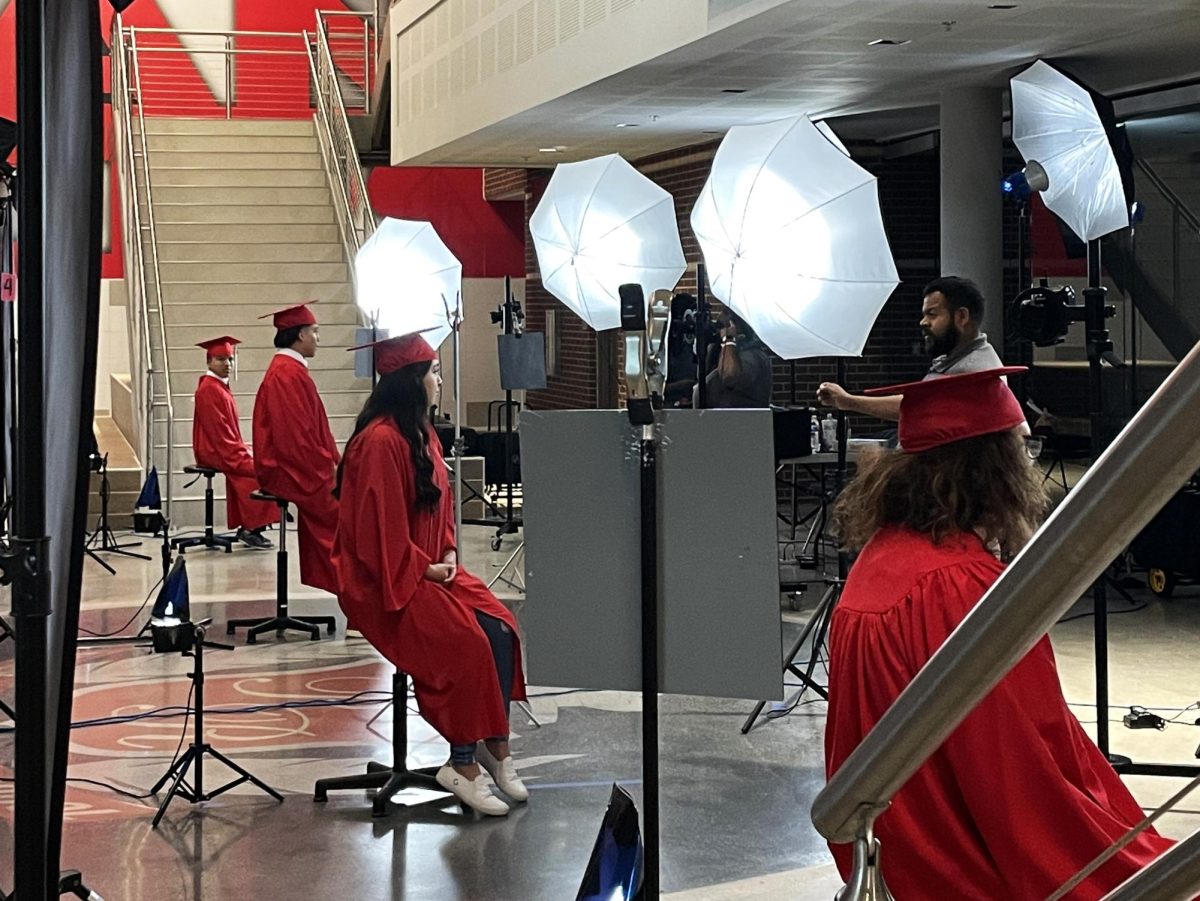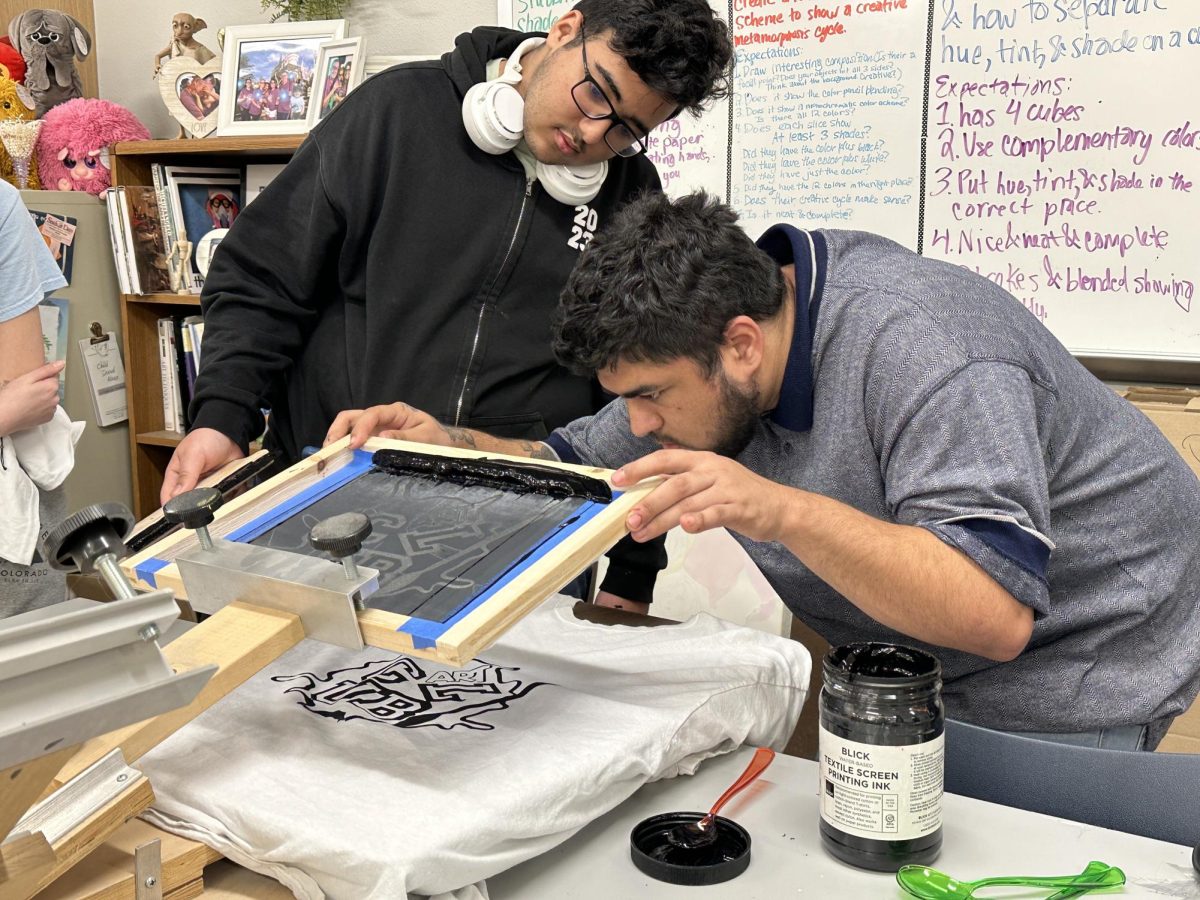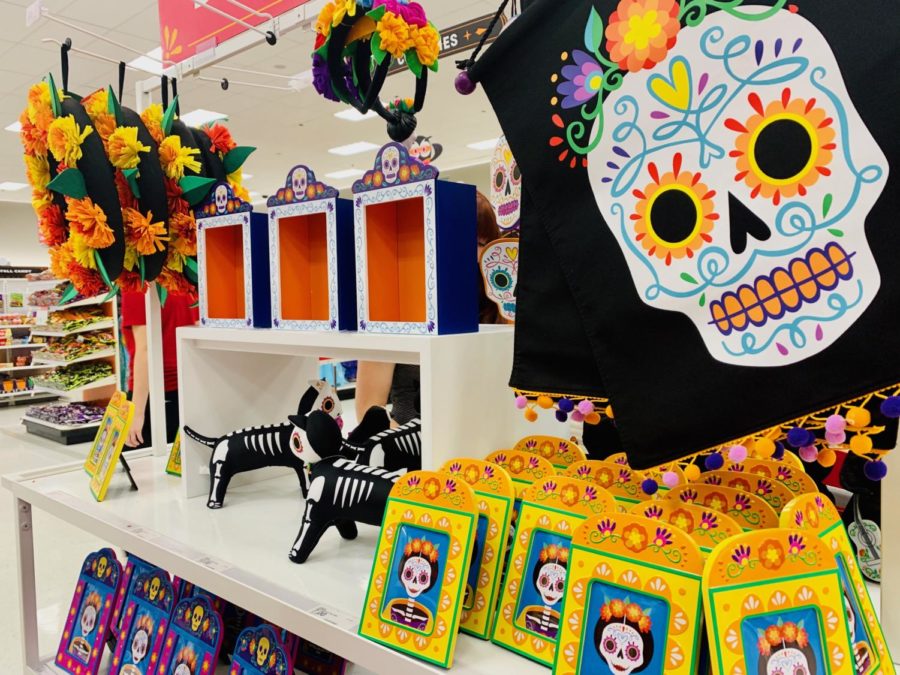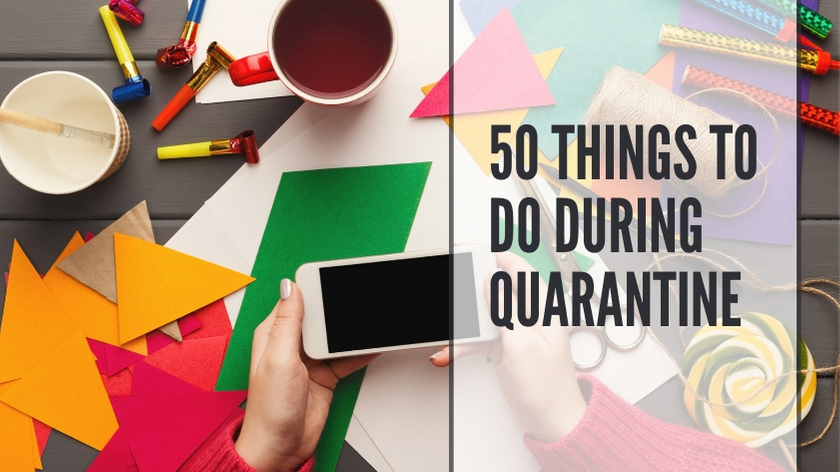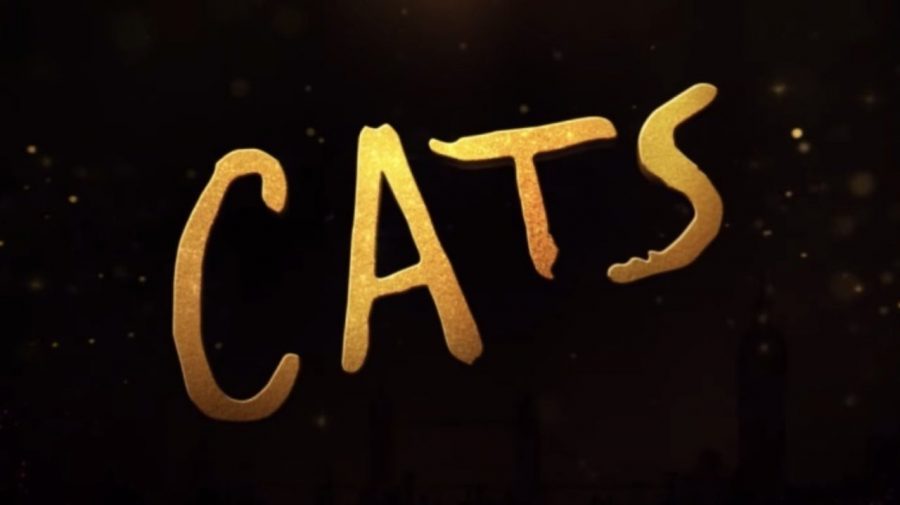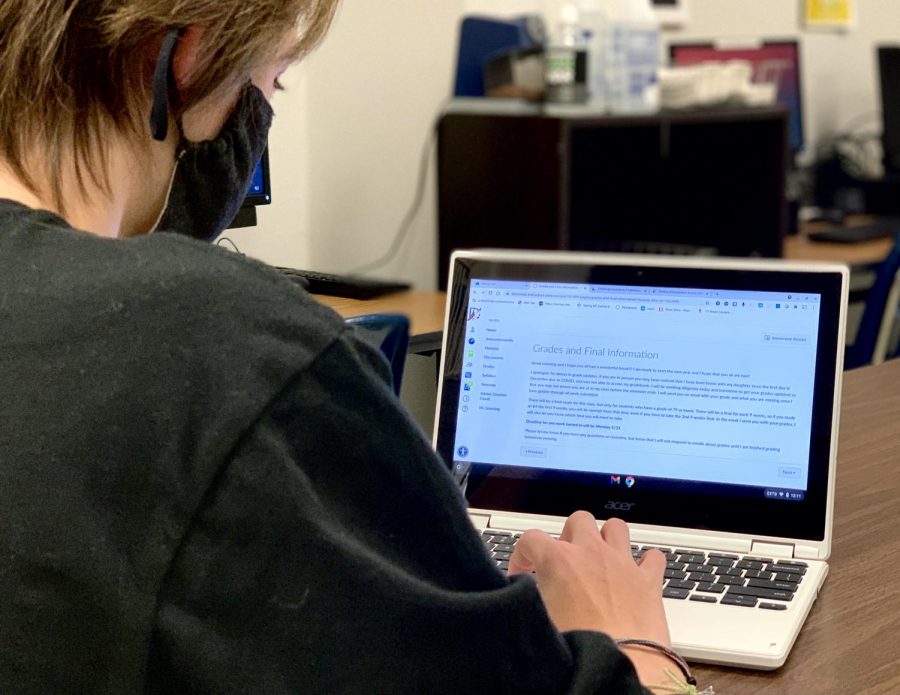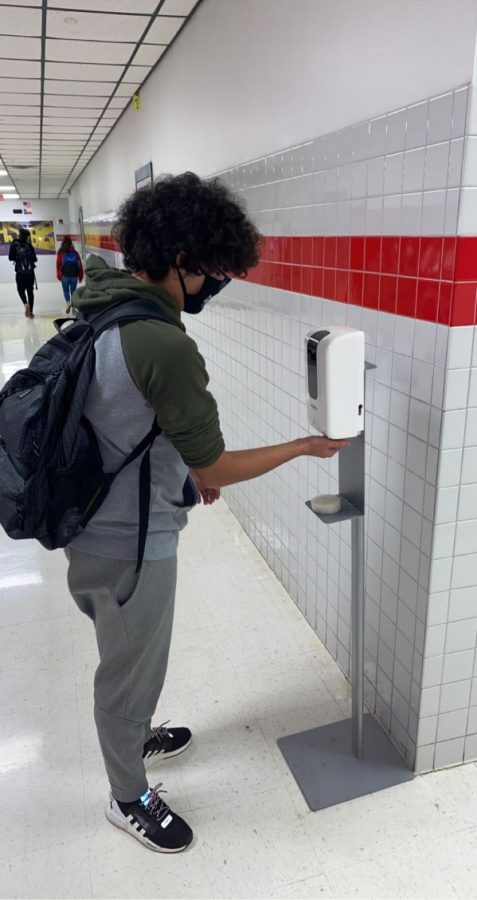Learning to speak the languages of love
Love…
It’s analyzed in movies. It’s explored in poetry. It’s sung about in every pop song on the radio and even expressed through dance and art.
But what is love, and how can we communicate it effectively?
In Gary Chapman’s The Five Love Languages, Chapman asserts that “love is the attitude that wishes good things for the other person” in a relationship, whether that relationship is romantic, familial, friendly, or just an acquaintance. To love someone means to wish good things for them and show appreciation to them, which sounds simple enough. However, when two people don’t show appreciation in the same ways, they have a hard time understanding when the other person is expressing love.
That’s where Chapman’s book comes in. Working as a marriage counselor for over 35 years, he began to understand that different people express love in different ways, which he came to call “love languages.” The Five Love Languages explains these manners of showing appreciation, and it serves as an instruction manual on how to figure out your own love language and how to communicate with people whose love languages are different than your own. The original book focuses on marriages, so I read the Singles Addition, which explores relationships between friends, family members, peers, coworkers, and newly dating couples.
With that being said, I loved this book. It applied so well to my life that it was almost uncanny. I’ve always struggled with understanding when people in my life were showing me love. In the same way, I often felt like I missed the mark when I tried to show my appreciation for friends and family. Did they feel loved? I wasn’t sure, and I didn’t know how to fix it.
This book was exactly what I needed. As I read about each love language, I noticed that many of the examples Chapman gives, mirror situations in my own life, and often the way he solved a problem, flipped on a lightbulb in my head, making me wonder why I hadn’t thought to do that before.
In the chapter about the second love language, gift-giving, Chapman talks about how giving presents can be such a powerful expression of love because it’s a physical, tangible way to show appreciation. According to Chapman, people who speak love through gifts are saying “I love you. I hope this gift will enhance your life.” When I read this, I immediately thought of my grandmother, whose favorite pastime is buying presents for my brother and me. It drives me crazy because she spends far more than she can afford, buying us clothes and fancy jewelry that we don’t necessarily want. As a frugal person, I have a hard time accepting expensive presents from her, especially when I know that she doesn’t have the money.
While reading this book, I remembered her saying one day that she gave us gifts because she wanted to have something physical to give to her grandchildren, something to pass on. It clicked that her love language is obviously gift-giving. Chapman points out in his book that if you want to keep a good relationship with someone whose primary love language is gifts, you need to let them give you presents periodically so that they feel fulfilled in expressing their love to you. Taking Chapman’s advice, I realized that if I want to keep a healthy relationship with my grandma, one in which we both feel loved, I’ll have to give and accept gifts freely as a sign of love and appreciation. There’s no getting around that. What I can do, though, is explain to her how I feel about expensive gifts and give her budget-friendly gift ideas that are more practical, like books for school, or things that have special meaning for both of us, like a poem she wrote or a compilation of some of her favorite recipes.
This book was a lifesaver, literally. I was drowning in a sea of uncertainty about how to enhance my relationships, and reading this book was like being thrown a life vest. I know, of course, that nobody’s going to fit perfectly into any of these five categories, but just having them as a general guide has been a massive help in beginning to understand what a good relationship entails. I may not be fluent in all five languages just yet, but at least I can recognize them when I hear them. I would absolutely recommend this book to anyone who would like to take their relationships a step further. I give it 4 out of 5 stars.
If you’re interested in learning your own love language, you can take the quiz on Gary Chapman’s Love Languages website: https://www.5lovelanguages.com/profile/.

INFJ- I’m a senior involved in creative clubs and activities like Newspaper, Yearbook, Literary Criticism, and the Literary Magazine. I love writing,...



